You are here
Sleep and the Student - College Concerns
|
27% of college students report having trouble sleeping over the last year [1] |
|
Caffeine stays in the blood of a healthy adult for four to six hours. [2]
Quit energy drinks, soda, coffee or other stimulants in the early afternoon so they won't disrupt your ability to sleep later on. |
|
A sure fire way to avoid pulling an all-nighter is to not procrastinate and tackle the job-at-hand in small chunks over time, but let’s face it – sometimes that is just not the way things work. Instead of staying up all night, get some sleep and wake up really early to finish a paper or study for an exam. Aim for 8 hours of sleep if you can. Your brain will thank you with improved memory and cognitive functioning. If your roommate is pulling an all-nighter, keep a pair of earplugs and a sleeping mask handy to block out noise and light. |
|
60% of college students reported "pulling an all-nighter" once or more since starting school. Doing so was associated with a lower GPA. [4] |
|
If you take any medications that are known to have sleep-related side effects, talk to your doctor about changing your dosage or time that you take the medication.
Sometimes a simple change can make a world of difference. |
|
Sources
1 http://www.acha-ncha.org/docs/ACHA-NCHA-II_ReferenceGroup_ExecutiveSummary_Spring2014.pdf
2 http://www.fda.gov/downloads/UCM200805.pdf
3 Figueiro M, Bierman A, Plitnick B, Rea M. Preliminary evidence that both blue and red light can induce alertness at night. BMC Neuroscience 2009;10(1):105.
4 Pamela V. Thacher (2008) University Students and the “All Nighter”: Correlates and Patterns of Students' Engagement in a Single Night of Total Sleep Deprivation, Behavioral Sleep Medicine, 6:1,16-31, DOI:10.1080/15402000701796114
5 http://www.mayoclinic.org/diseases-conditions/insomnia/basics/symptoms/con-20024293













this page